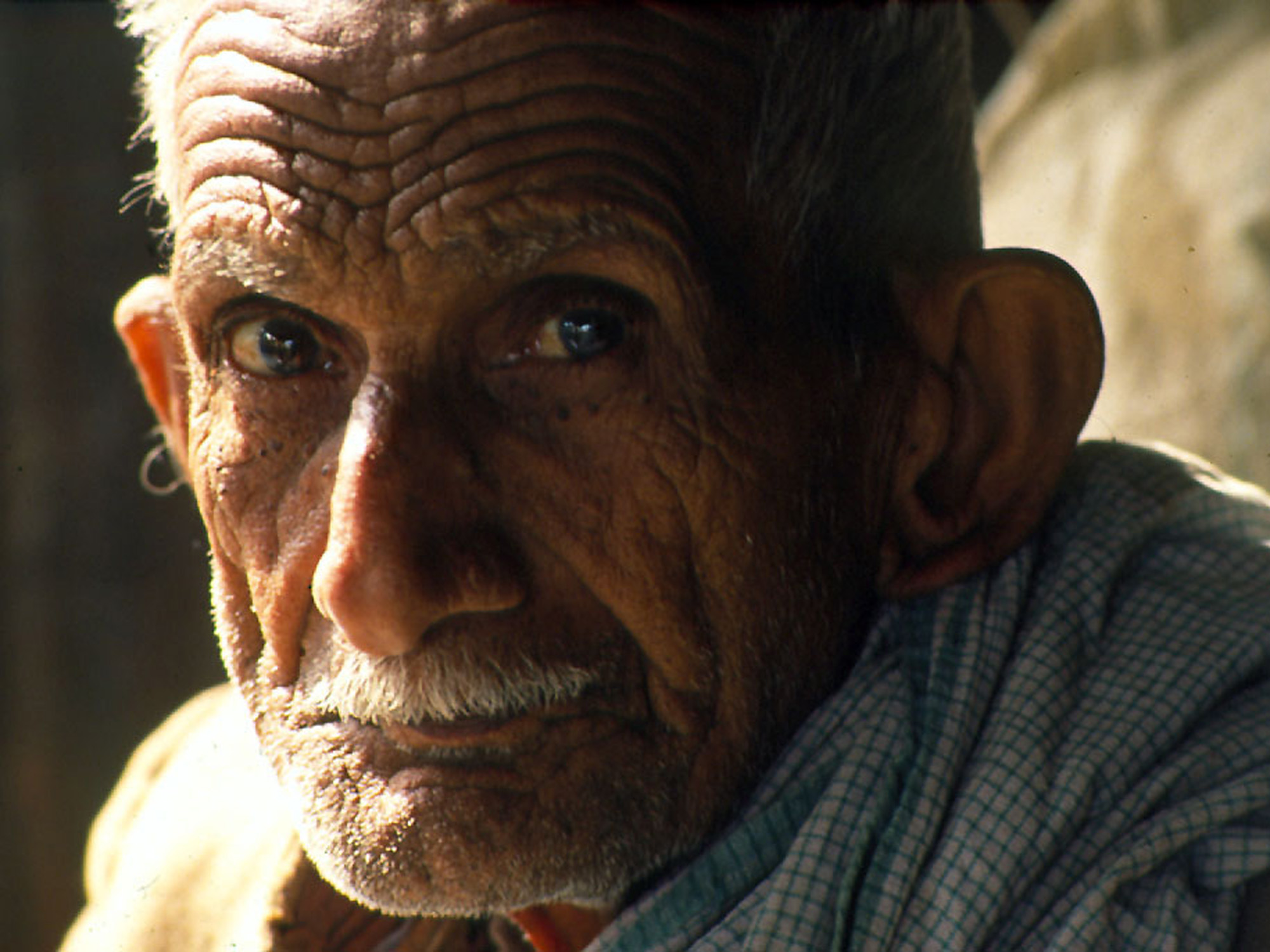This article is part of the weekly Seneca series. New articles will be published every Thursday.
Everybody gets old. Maybe you are currently of a later age, or maybe you are still young. Whatever your age, the progress of time hits everyone at the same pace. And sooner or later, you will be old (hopefully, that is). In his twelfth letter, Seneca reflects on old age. He first notices that the evidence of old age is everywhere around him. On seeing one his early houses in decay, he states:
What has the future in store for me, if stones of my own age are already crumbling?
Yet Seneca would not be a true Stoic if he would surrender to dark and negative thoughts about old age and death. In fact, he does the opposite:
Let us cherish and love old age; for it is full of pleasure if one knows how to use it. (…) Each pleasure reserves to the end the greatest delights which it contains. Life is most delightful when it is on the downward slope, but has not yet reached the abrupt decline. And I myself believe that the period which stands, so to speak, on the edge of the roof, possesses pleasures of its own.
I think every age has its own benefits, and this includes old age. Indeed, an older person often has a clearer view of reality. Many people that find value in the lessons of Stoicism in the current time are older people. Nevertheless, old and young alike should think about their mortality, in order to live each day to the fullest.
Death, however, should be looked in the face by young and old alike. We are not summoned according to our rating on the censor’s list. Moreover, no one is so old that it would be improper for him to hope for another day of existence. And one day, mind you, is a stage on life’s journey.
Seneca quotes Heraclitus, who said “One day is equal to every day”. He describes a man named Pacuvius who held a regular funeral ceremony for himself (which can be a way to remind yourself about death, even though it seems a bit extravagant). And following Virgil’s Aeneid, Seneca advises us this:
let us go to our sleep with joy and gladness; let us say:
“I have lived; the course which Fortune set for me is finished”
And if God is pleased to add another day, we should welcome it with glad hearts. That man is happiest, and is secure in his own possession of himself, who can await the morrow without apprehension. When a man has said: “I have lived!”, every morning he arises he receives a bonus.
Remember you may die every day (and that you are in fact dying daily). Be sure to make the best use of every day that is granted to you. Consider the joy of young and old age alike, and be content with your life – no matter how long it lasts.
Be sure you don’t miss any step of your Stoic Journey. To get notified whenever a new article is published, please click here to subscribe. Thanks!

